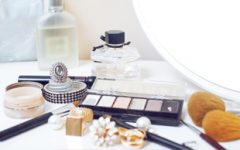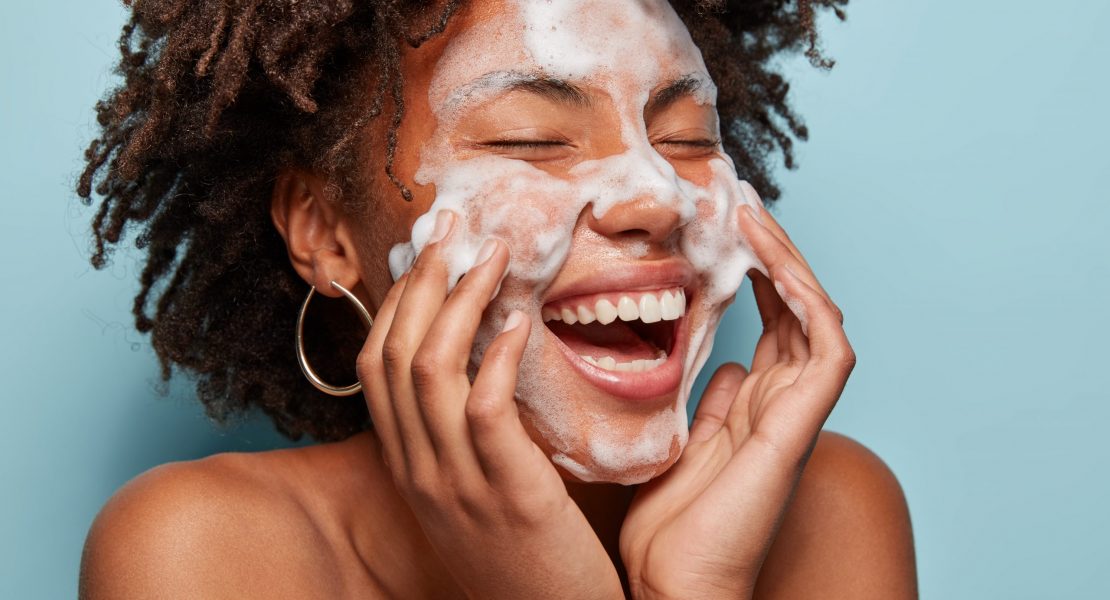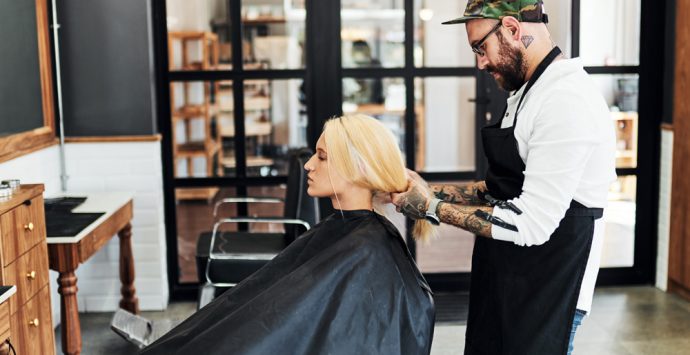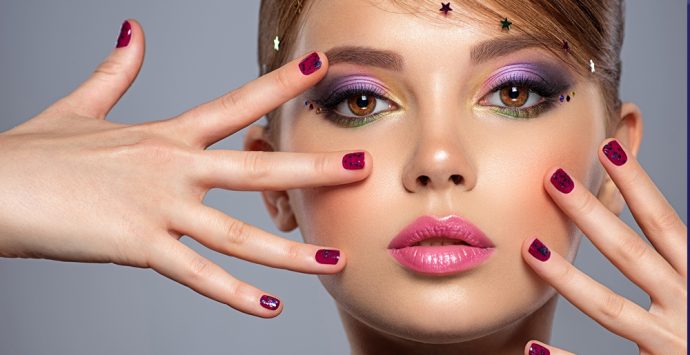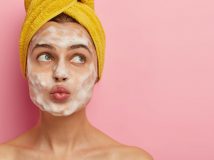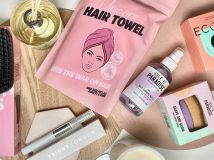
The beauty experts at RY spoke to skincare experts Dr Deborah Lee and Dr Eldimarys Curry Machado to find out which products we should avoid over using, the products we shouldn’t use together and which ingredients are best not to be used.
What products and ingredients should we avoid over-using?
- Retinol – Overuse of retinol can cause irritation and toxicity resulting in itching, plus it also makes your skin more prone to sunburn!
- Makeup remover wipes – Makeup wipes can cause the skin to tear, causing tiny microabrasion. Also, for the wipes to stay constantly damp in their container, means they contain large quantities of alcohol and preservatives, which can be very drying for the skin.
- Blackhead remover strips – The sticky nature of blackhead removing strips means they have the potential to traumatise the skin when you pull off the strips. This can cause serious irritation to your skin!
- Charcoal face masks – Charcoal face masks can be dangerous as when you remove them, you rip off such a deep layer of skin. When you strip off the mask, you also remove many of the natural oils in the skin, and with repeated use, this can be very damaging.
- Untried food substances – Many natural substances such as lemon juice, and cinnamon, are used for a do-it-yourself facial. However, these are not without risk and can cause your skin to burn.
- Apple cider vinegar – If you are tempted to use apple cider vinegar (ACV) on your skin, you must only ever use a very dilute solution. Although there may be some benefits for oily skin, using it too often or in too high a concentration can burn your skin.
Which ingredients shouldn’t we use together?
Mixing up skin products can be bad news, this is because some product ingredients will counteract the beneficial effects of other products. As a result, your skin products will be less effective, it will take longer to see results, and you could end up wasting a lot of money.
Dr Deborah Lee advises:
- Never use retinol with benzoic acid – they counteract and cancel each other out, so each one has a reduced effect.
- Vitamin C should never be mixed with retinol. Vitamin C has its best effects if used in the mornings. It is known to lighten the skin and help cause age spots to fade. However, retinol works on collagen and elastin and is best used overnight.
- The use of Retinol with Alpha Hydroxy Acid (AHA) and Beta Hydroxy Acid (BHA), for example salicylic acid, glycolic, or lactic acid, should be avoided. These are exfoliating, which can dry out the skin and cause further dryness and irritation, and damage the skin’s moisture barrier. Together they will also increase the skin’s sensitivity to the sun, meaning you are at a much higher risk of burning and UV damage. Use these ingredients on alternate days or weeks if you are looking for the benefits of both.
- Niacinamide and vitamin C should not be used together. Although individually, both products are potent antioxidants, the potency of each is greatly reduced if they are used together.
- Don’t mix sunscreen with makeup. Your UV skin protection is vitally important. You should apply a suitable SPF factor sunscreen over the top of your makeup.
Dr Eldimarys Curry Machado says “There is no such thing as chemical-free cosmetics, and “natural” cosmetics are not free of chemicals. What you want to avoid is harmful chemicals in cosmetics, that is, chemicals that have known harmful effects. Just because cosmetic ingredients are natural, does not make them safe. And just because an ingredient is synthetic does not mean it is unsafe”.
Dr Deborah Lee says “Fragrances are frequently added to skincare products. Although often labelled as ‘natural products’, they still have the propensity to cause the same range of medical problems – headaches, asthma, other respiratory symptoms, and allergic dermatitis. Common fragrance allergens which may cause these reactions include farnesol, citral, limonene, and linalool. Consumers are often confused, by thinking ‘natural’- means safe – and in fact, this is not necessarily the case. Many natural substances are just as likely to cause symptoms as those that are manufactured.”
Skincare Specialist Reveals How Often We Should Be Washing And Replacing Our Makeup Tools


